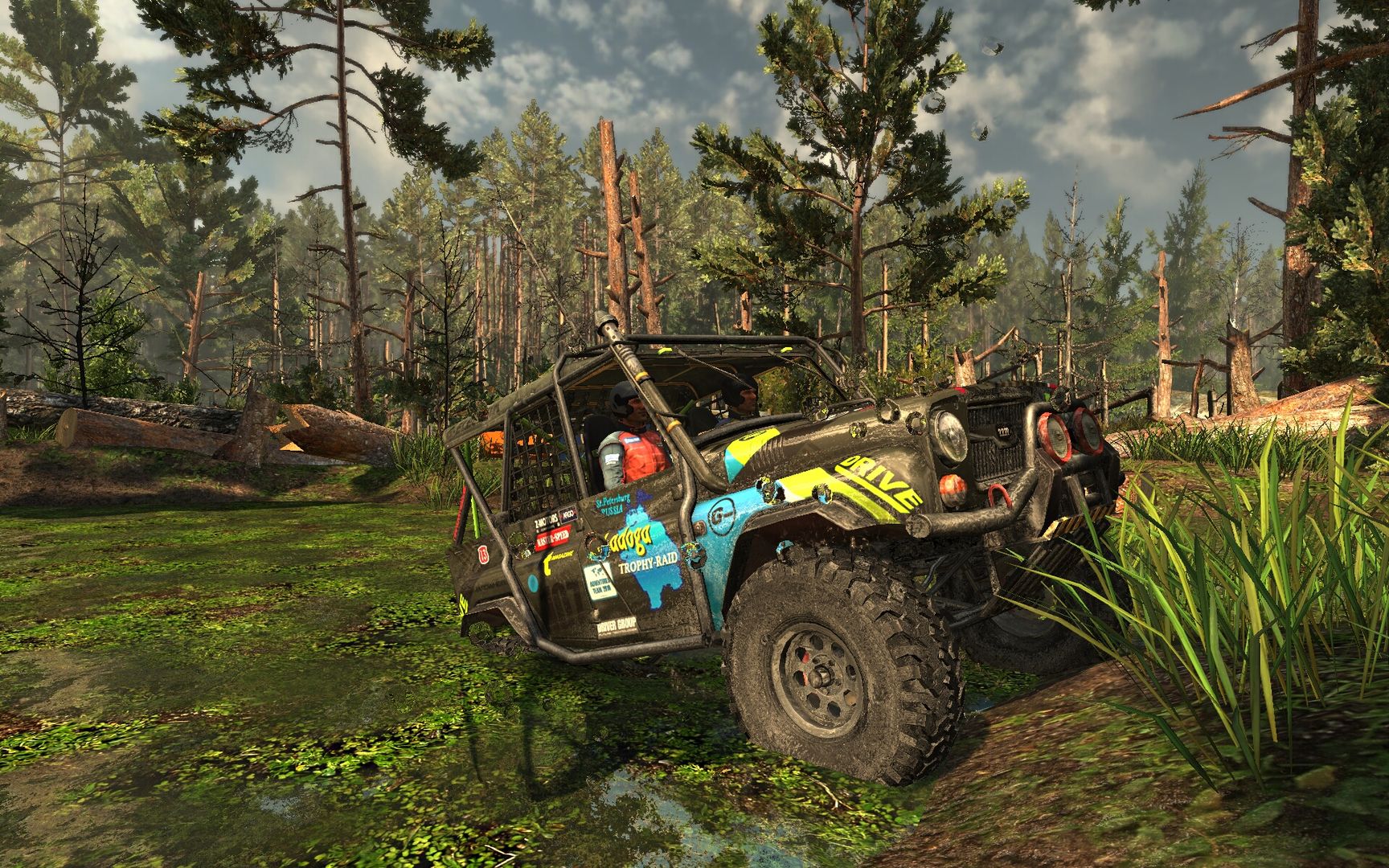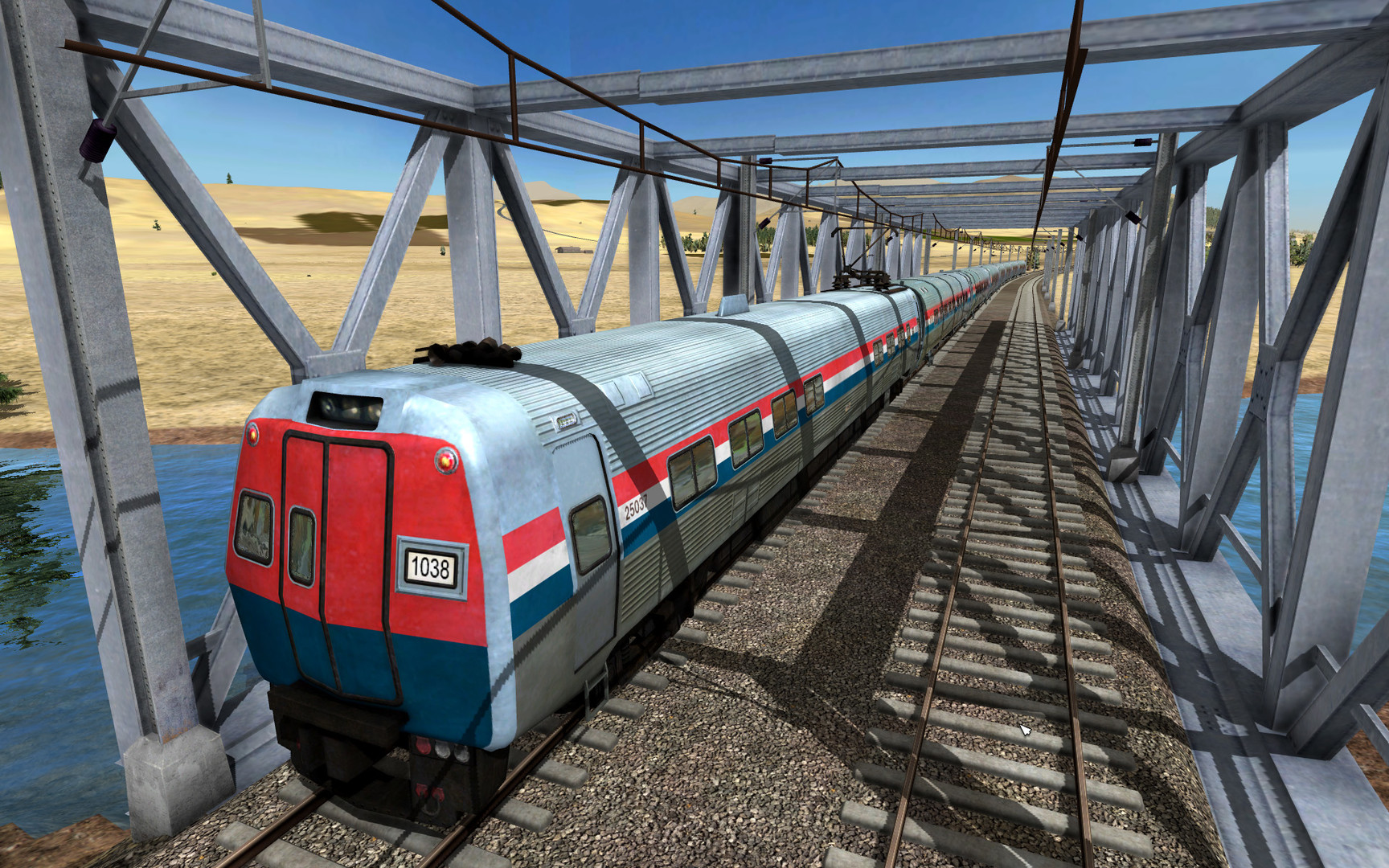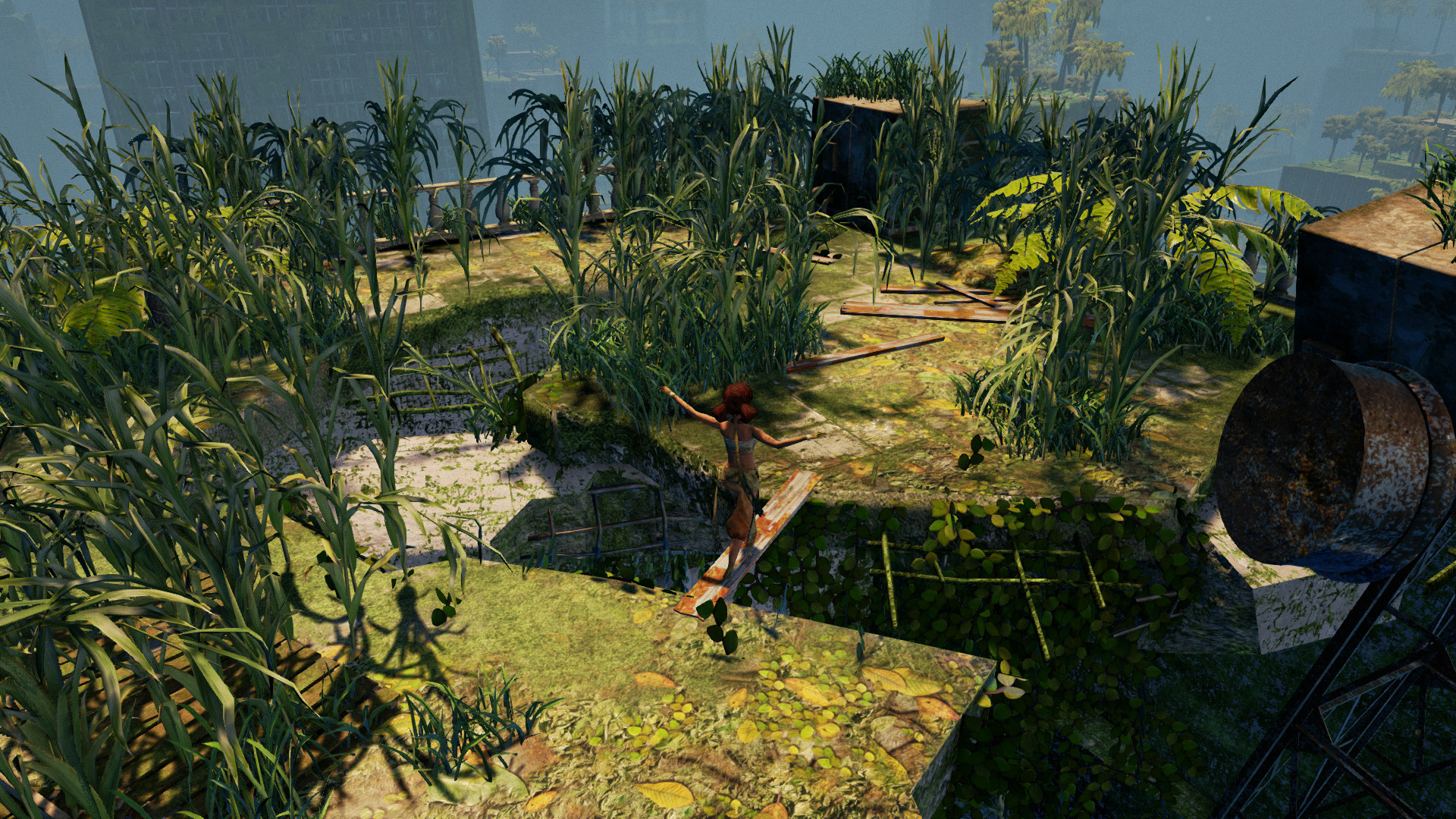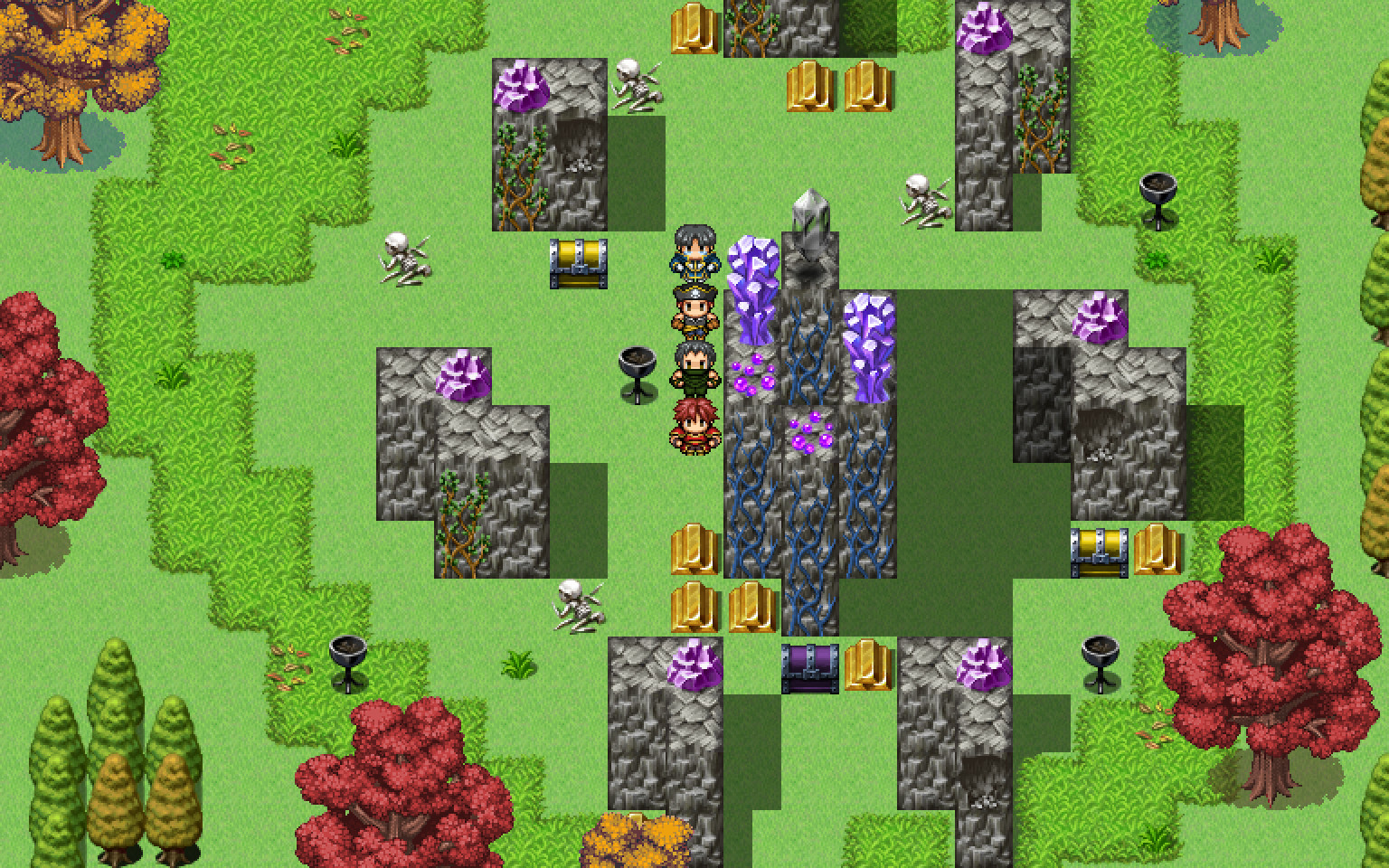

This investigation will determine “whether children are being unfairly pressured or encouraged to pay for additional content in ‘free’ web and app-based games, including upgraded membership or virtual currency such as coins, gems or fruit.” The U.K.’s Office of Fair Trading is preparing an investigation into the practices of mobile, web, and microtransaction casual apps wander over the line. Karen Bryan on Massively suggests that cash shops and microtransactions might be the next-big-critical-mass for the MMO community-they certainly are in the mobile and casual circuit-and there’s a grain of salt that MMO players need to take from this revelation. The problem of microtransactions, virtual item stores, and needed regulation

There’s even differences in the marketing practices between truly free-to-play games such as RaiderZ, Wonderking, etc.subscription games gone free-to-play like Star Trek Online and DC Universe Online or box-price games such as Guild Wars 2 and Defiance.

The result has been that we’ve seen a mixed bag of MMOs arriving on the scene from numerous publishers and distributors that run the gamut between triple-A production and extremely shoddy grinders developed only to take advantage of the niche. After all, who doesn’t like something you can play for free. Jacobs expresses that free-to-play is just another model within the basic market for MMOs: but it’s one that has easy audiences. Right now you’ve got everybody chasing it, going ‘Isn’t this great? Free to play, we’re going to make so much money.’” “The whole free-to-play thing isn’t going away tomorrow,” Jacobs stressed in an interview with VG247, “but let’s just see what happens in three to five years–and I’m betting closer to three–where free-to-play will become just another model. You can pick up the whole story over at SiliconANGLE, but here’s some of the highlights. Mark Jacobs of Camelot Unchained sees this as a potential upcoming issue in the free-to-play market as more and more businesses see it as a good source for revenue and swelling audiences with bulging wallets. The entire term “shovelware” came coined to talk about the aftermarket of games that just couldn’t sell based on marketing juggernauts or on their own merits-eventually fading away and being cast into the grim elephant graveyard of bins filled with the skeletal remains of other games. Although still a thriving and multi-million dollar market, video games suffer from a particular level of mediocrity. This has happened with video games in general. The free-to-play ecology has two things that it should fear: becoming overgrown with shovelware with little-to-no shelf life and the lack of interest and money from the audience when it comes to time and microtransactions.įree-to-play market facing potential brushfire or pruning of the mediocre All the while, the real giants of MMO gaming-such as World of Warcraft-still rest inside of shining citadels of steel and subscription as the free-to-play market boils around their battlements.

Many MMO gamers are starting to find the market to be a paralyzing smorgasbord of new and old free-to-play titles appearing almost out of whole cloth in an attempt to cram themselves into the niche.


 0 kommentar(er)
0 kommentar(er)
